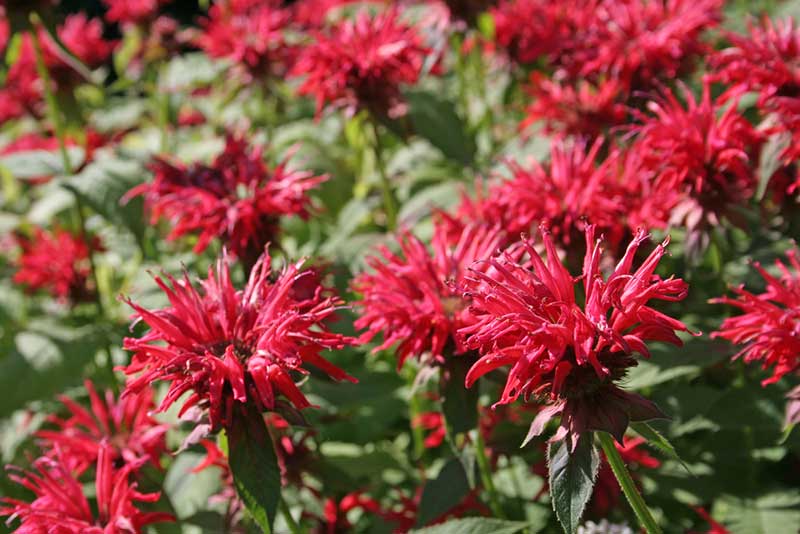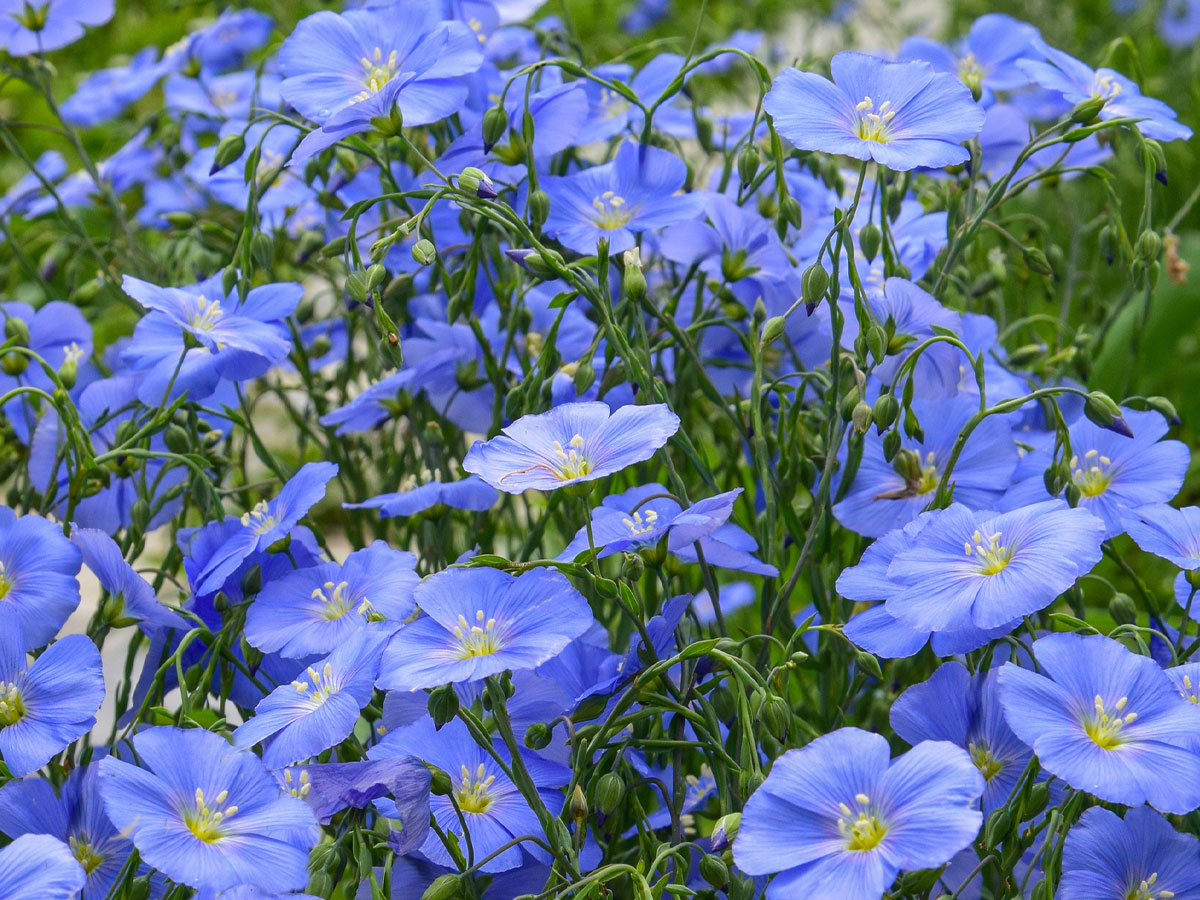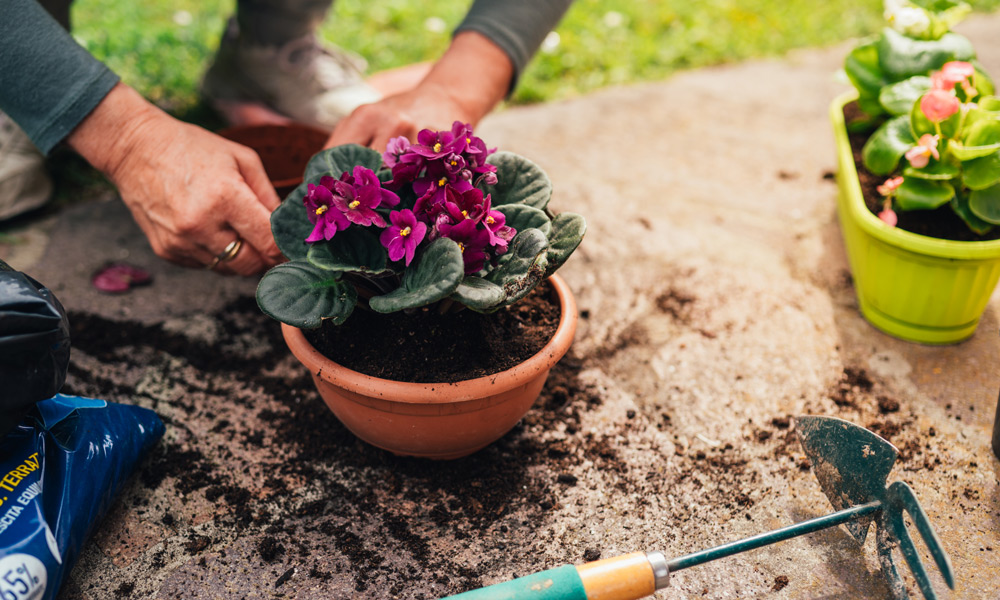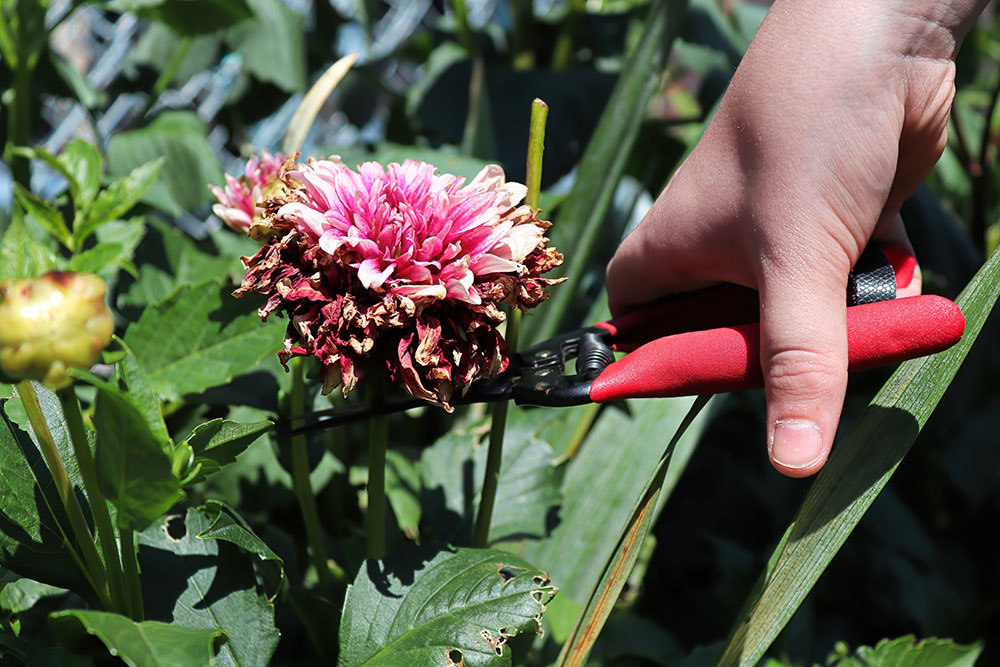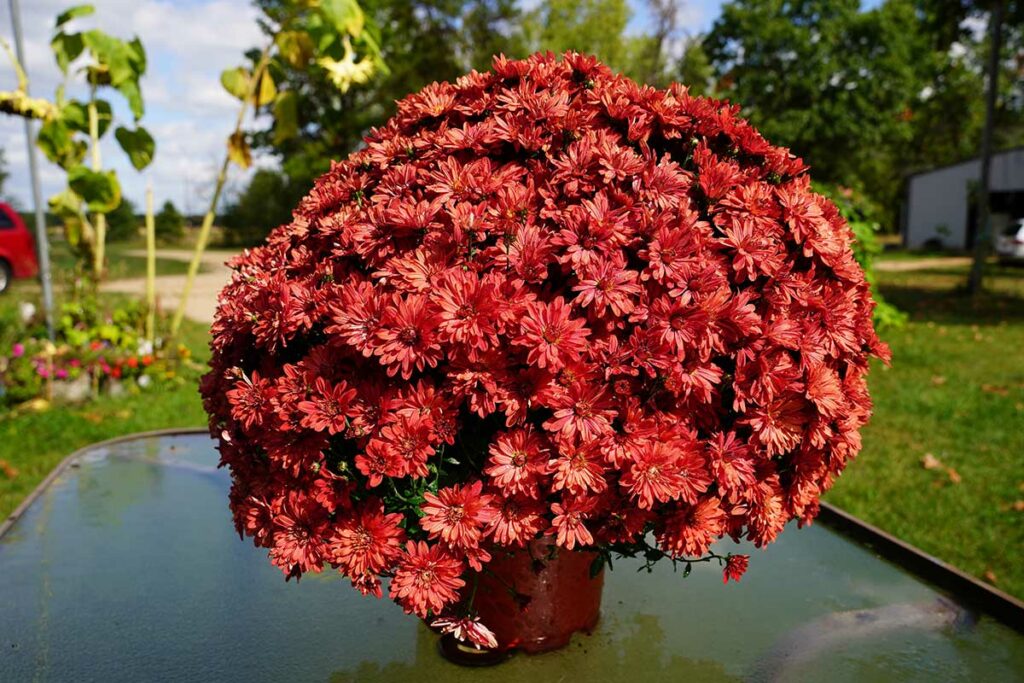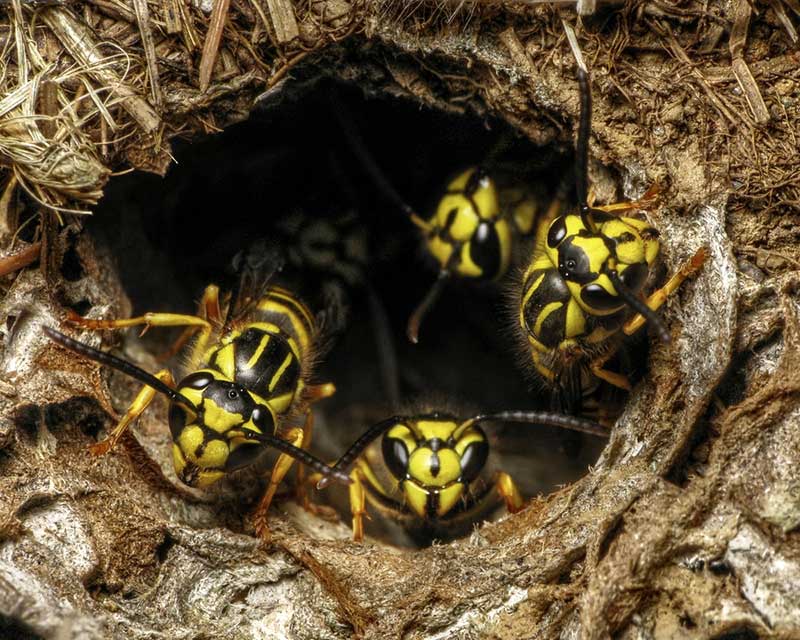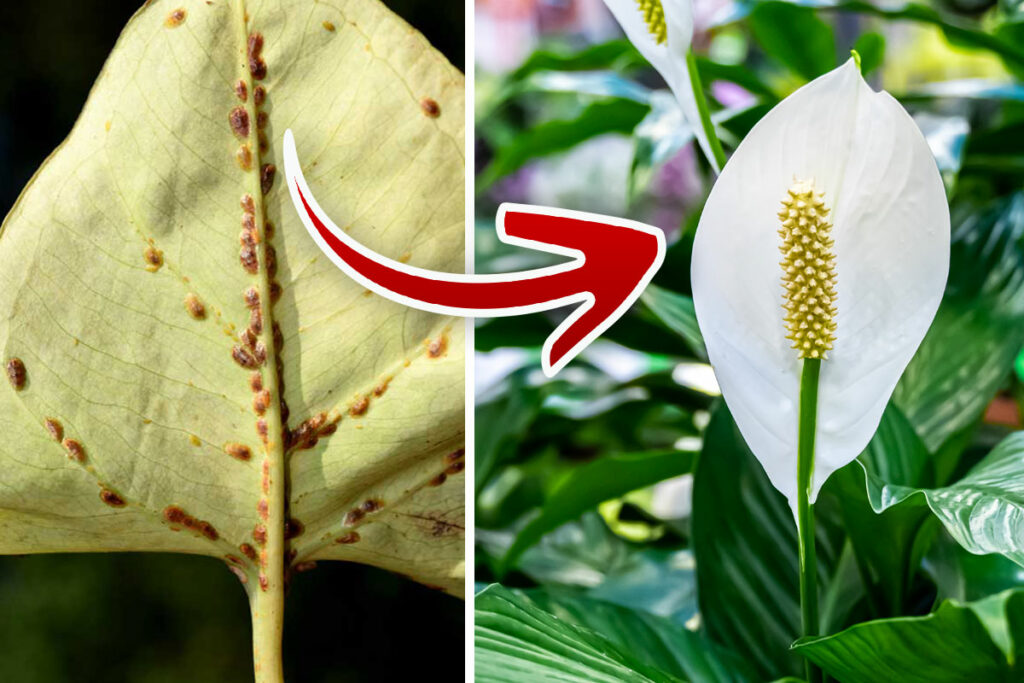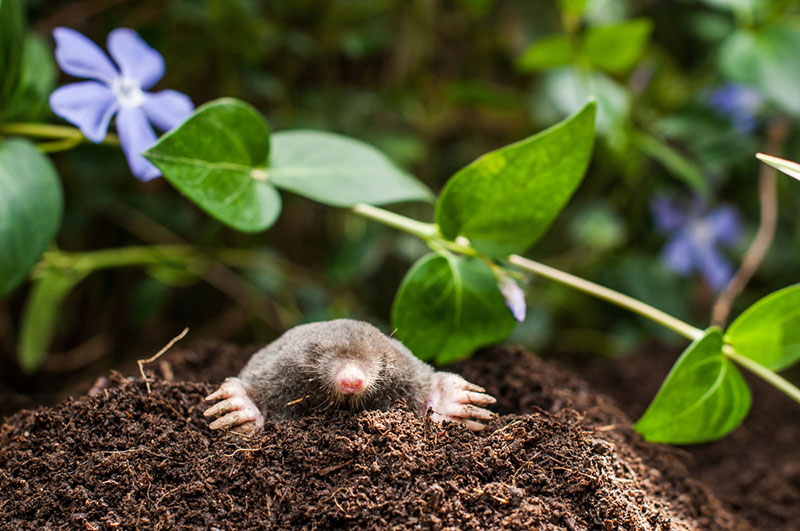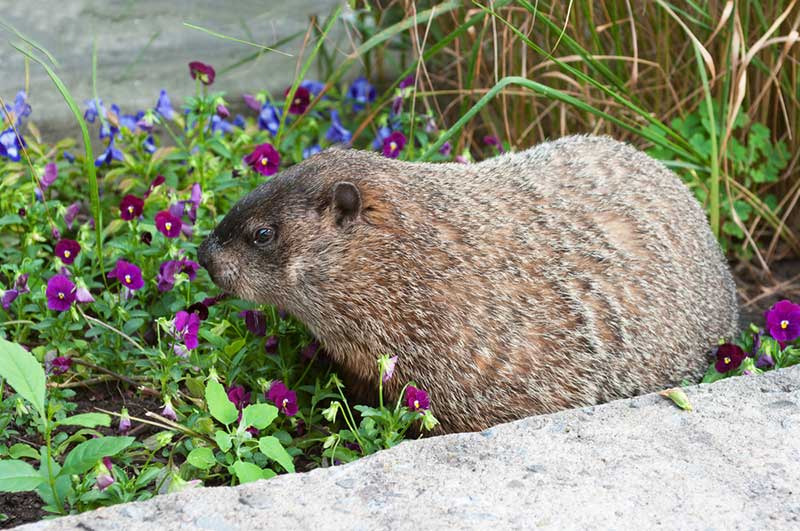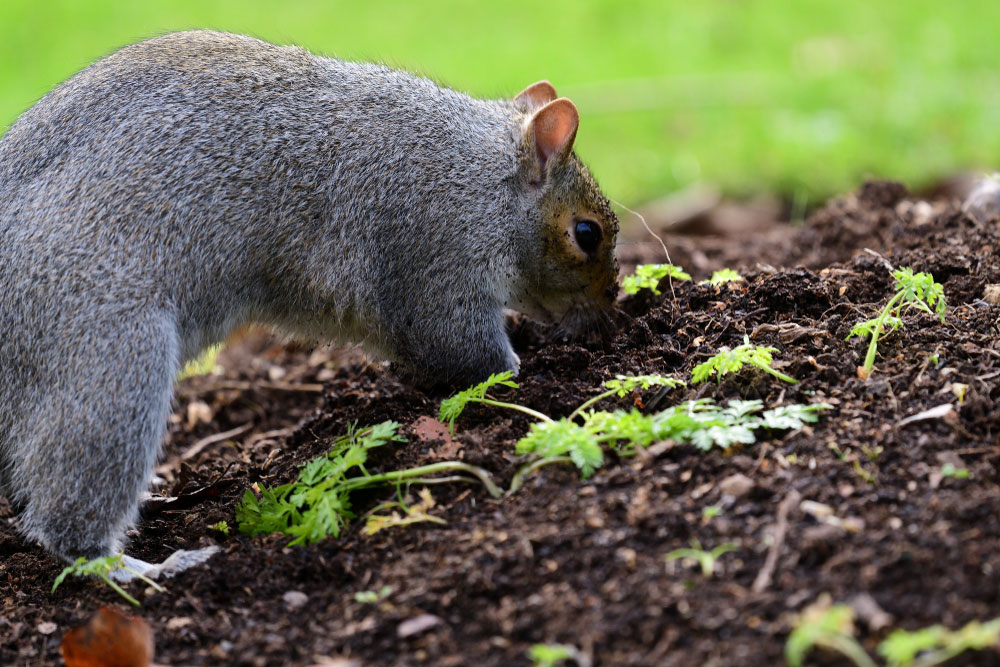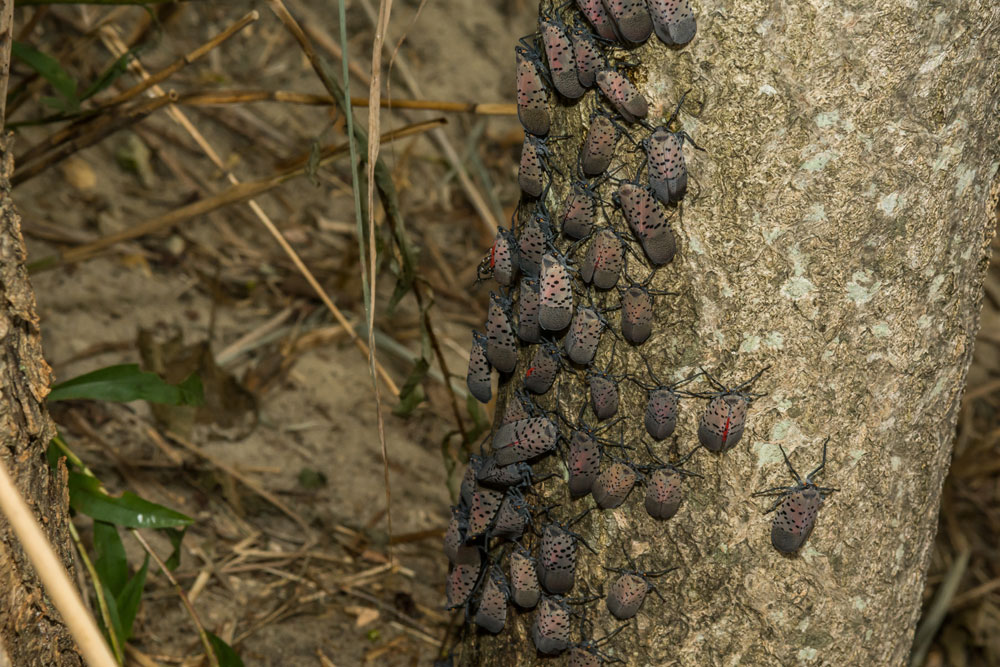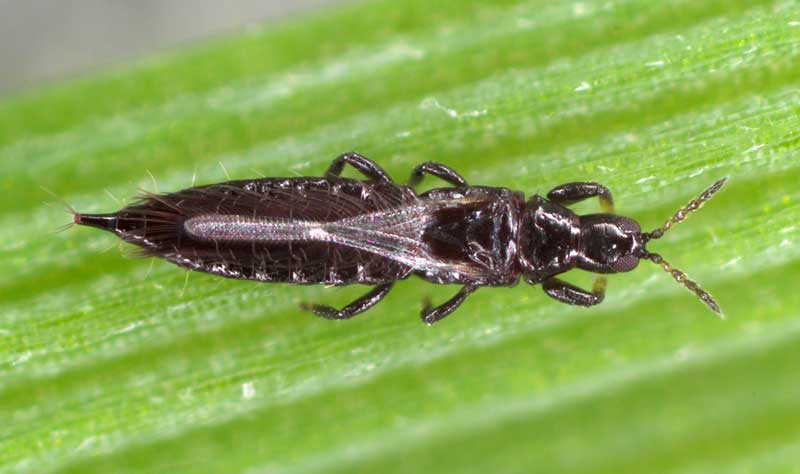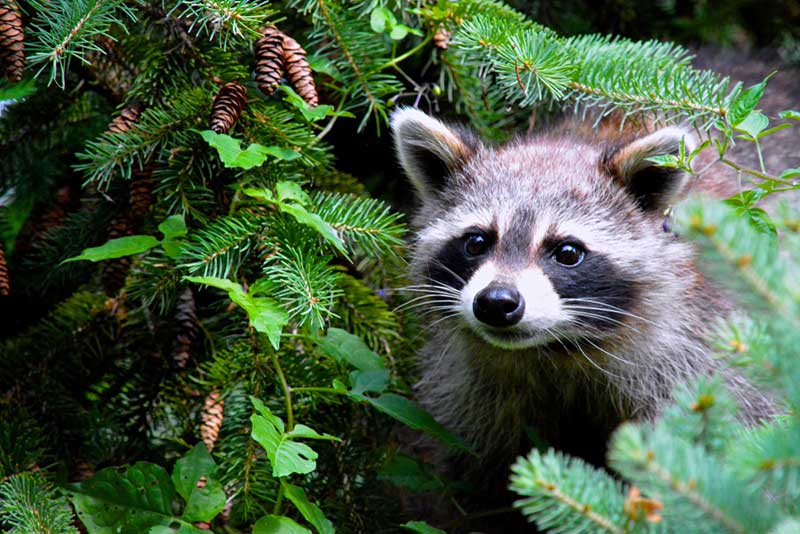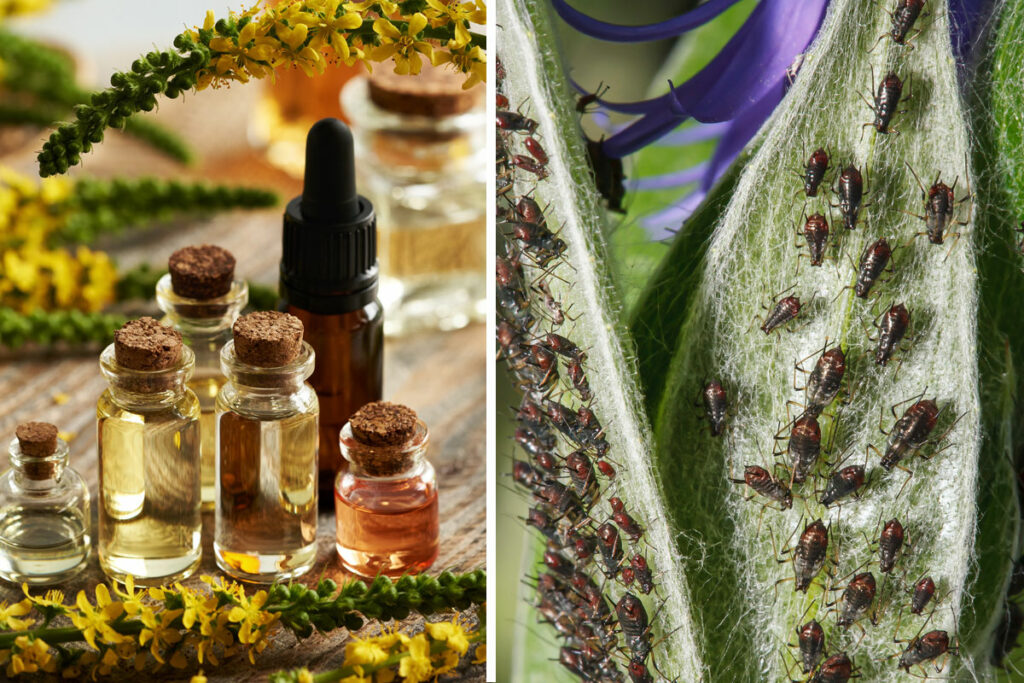
Maintaining a healthy and flourishing garden can be quite the challenge, especially when pesky insects and critters decide to make it their home. Essential oils offer a natural and effective way to keep these unwanted guests at bay, without resorting to harsh chemicals.
By incorporating essential oils into your gardening routine, you can protect your plants while promoting an eco-friendly environment. In the following sections, you’ll discover some of the best essential oils to use, each with unique benefits that target specific pests. Enjoy a more bountiful and pest-free garden with these natural solutions.
Lavender Oil
Lavender oil is a great option to keep your garden pests away. It has a pleasant scent for humans but is highly effective at repelling insects.
You can mix a few drops of lavender oil with water and spray it on your plants. This natural solution helps deter mosquitoes, flies, and moths.
Using lavender oil, you protect your garden without harmful chemicals, making it safer for you and your plants.
2. Peppermint Oil
Peppermint oil works wonders in repelling pests from your garden. Its strong scent deters a variety of insects, including ants, aphids, and beetles.
To use peppermint oil, mix a few drops with water and spray it around your plants. This natural remedy is safe for your garden and helps keep pesky bugs at bay.
3. Eucalyptus Oil
Eucalyptus oil offers a natural and effective solution for repelling garden pests. Its strong, aromatic scent deters insects like mosquitoes, aphids, and whiteflies.
To use eucalyptus oil in your garden, mix a few drops with water in a spray bottle. Apply this solution to plant leaves and surrounding soil.
4. Rosemary Oil
Rosemary oil is a fantastic ally in your garden. Its strong scent repels pests like cabbage moths, carrot flies, and mosquitoes.
You can mix a few drops of rosemary oil with water and spray it on your plants. This natural remedy helps keep your garden healthy and thriving.
5. Tea Tree Oil
Tea tree oil is a powerful ally in your garden. It has strong antibacterial and antifungal properties that help protect your plants. You can use it to repel various pests, including aphids and mites.
To use tea tree oil, mix a few drops with water and spray it on your plants. This natural remedy keeps your garden healthier and pest-free.
6. Cedarwood Oil
Cedarwood oil works wonders for repelling a variety of garden pests. The earthy aroma confuses insects, making it hard for them to navigate and stay in your garden.
You can mix a few drops with water and spray it around your plants. This can help keep ants, fleas, and moths at bay.
7. Lemongrass Oil
Lemongrass oil is a popular choice for repelling garden pests. Its strong citrus fragrance deters many insects like mosquitoes, ants, and flies.
You can mix a few drops with water and spray it around your plants. This oil is natural and won’t harm your garden, making it a great alternative to chemical pesticides.
8. Clove Oil
Clove oil is effective in repelling ants and aphids from your garden. Its strong scent deters these pests, making your plants less appealing.
You can dilute clove oil with water and spray it directly onto affected areas. Remember to test a small area first to ensure it doesn’t harm your plants.
A natural option, clove oil also has antifungal properties, helping keep your garden healthy.
9. Thyme Oil
Thyme oil is a fantastic tool for keeping pests at bay in your garden. Its strong scent is particularly effective against mosquitoes, beetles, and cabbage worms.
Mix a few drops with water in a spray bottle for easy application. Regular use will help maintain a pest-free environment. Give it a try and enjoy a healthier garden!
10. Basil Oil
Basil oil is a fantastic natural pest repellent for your garden. Its strong, aromatic scent keeps away a variety of pests like mosquitoes, flies, and aphids.
To use, mix a few drops of basil oil with water in a spray bottle. Apply it to the leaves of your plants. Your garden will smell amazing while staying pest-free!
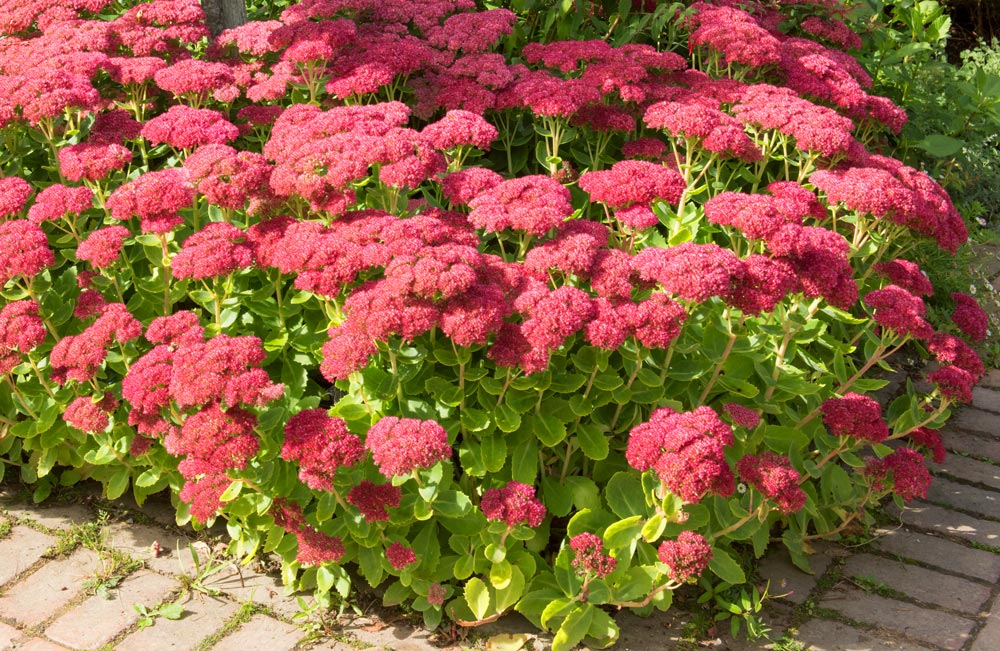
Benefits of Using Essential Oils in the Garden
Essential oils can keep garden pests at bay in a natural and eco-friendly way. They provide effective and sustainable solutions to garden problems.
Natural Pest Control
Essential oils, like peppermint and citronella, are proven pest repellents. These oils deter insects by affecting their sense of smell, making your garden less attractive to them.
Using essential oils reduces your reliance on chemical pesticides. Chemical pesticides can be harmful to beneficial insects like bees and butterflies.
Essential oils also create a more hospitable environment for plants. Your garden will thrive without the harmful effects of chemical residues.
Environmental Benefits
Essential oils are biodegradable and have a low environmental impact. They break down naturally without leaving harmful residues in the soil or water.
These oils also promote biodiversity. By using them, you protect beneficial insects and animals from harmful chemicals.
Moreover, essential oils contribute to a healthier ecosystem. Gardens treated with these oils support healthier plant growth and soil health.
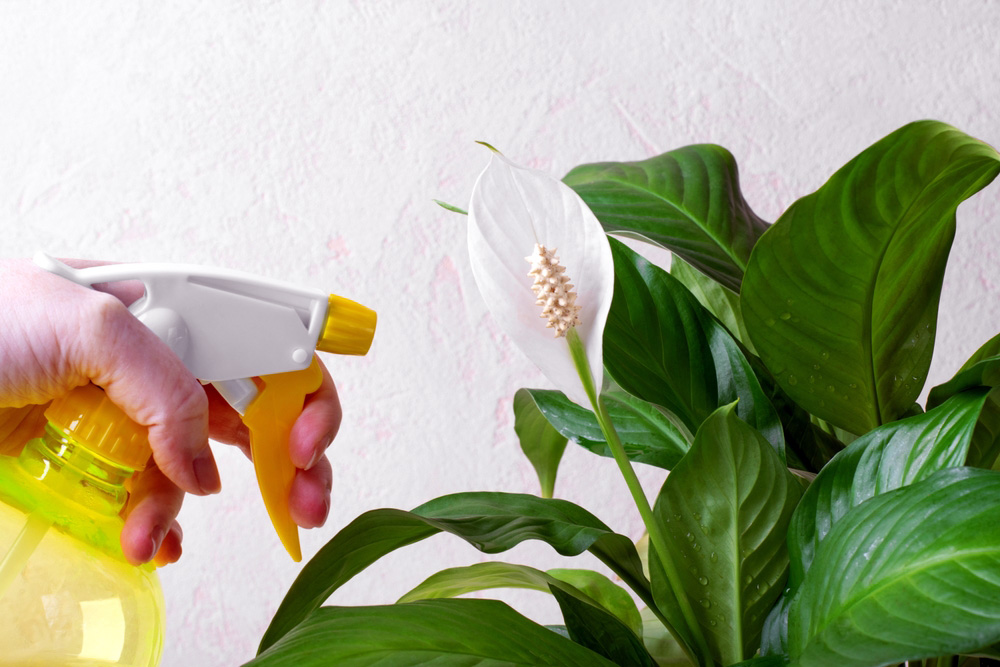
How to Use Essential Oils Effectively
Using essential oils in your garden requires proper preparation and application. This ensures the oils work effectively and safely for pest control.
Creating Oil Sprays
To make an essential oil spray, mix 10-15 drops of essential oil with one quart of water. Adding a few drops of mild dish soap helps the mixture emulsify and stick to plants. Use a clean spray bottle to distribute the mixture evenly.
Ensure you label your bottle and store it in a cool, dark place to maintain the effectiveness of the oils. Spray your plants in the early morning or late evening to avoid direct sunlight, which can cause the oils to evaporate quickly.
Oil Application Techniques
You can apply essential oils directly to leaves, stems, and areas where pests are prevalent. Dabbing a few drops on a cotton ball and placing it near susceptible plants can also help to deter pests.
When applying directly to plants, always test on a small area first to ensure there’s no adverse reaction. Reapply the oil every few days, especially after rain or watering, to maintain efficacy.
Safety Considerations
When using essential oils to keep garden pests away, it’s crucial to consider dilution ratios and proper handling techniques to ensure safety and effectiveness.
Dilution Ratios
Essential oils are potent and should never be applied directly to your plants or skin without proper dilution.
A common ratio is 10-20 drops of essential oil per 1 ounce of carrier oil (e.g., olive oil, coconut oil). For spraying on plants, use 2-3 drops of essential oil per cup of water. Always conduct a patch test on a small plant area before widespread use to ensure there’s no damage.
Safe Handling of Oils
Wear gloves when handling essential oils to prevent skin irritation. Store oils in a cool, dark place, away from direct sunlight, to maintain their efficacy. Keep essential oils out of reach of children and pets. Use glass containers for storage, as oils can degrade plastic over time.
Remember: Essential oils are flammable, so never use them near open flames or high heat sources.

